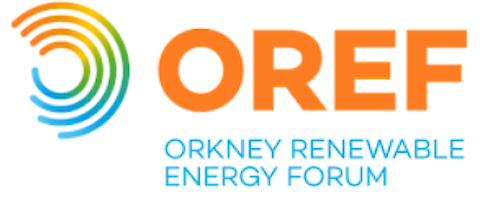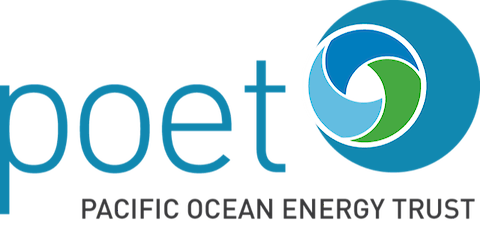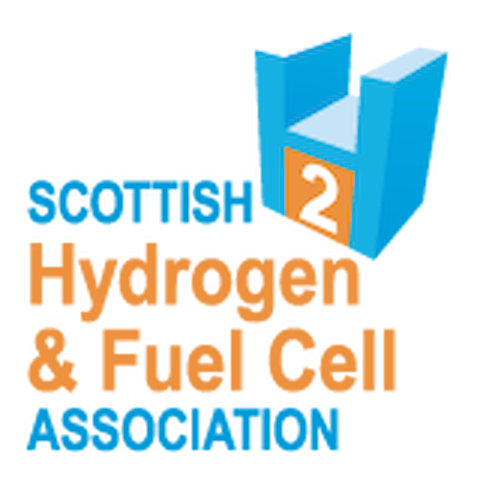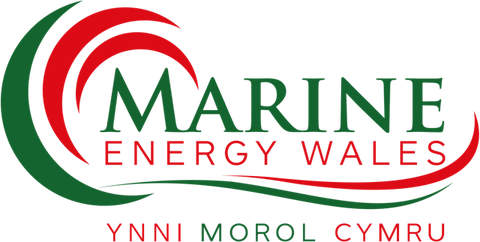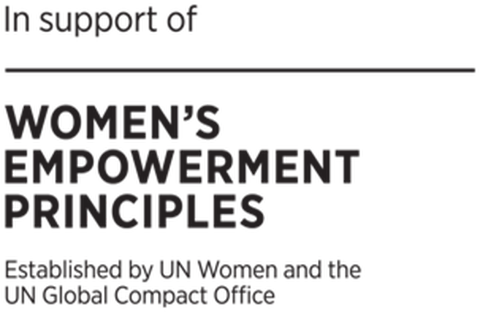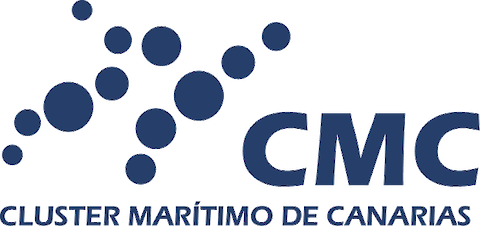WEP+ Project Biofouling of Marine Energy Environments in the Canary Islands
As part of ongoing commitments to produce electricity from marine renewable energy sources, the Canaries waters have been targeted for large-scale deployment of marine renewable energy (MRE) and offshore wind devices. Success of the MRE and offshore wind industries is dependent upon maximising energy capture and minimising down-time. Device performance and sensor accuracy are negatively impacted by the growth of fouling organisms, leading to reduced efficiency and reliability; anti-fouling strategies are costly and time consuming. Biofouling also reduces accuracy of data buoys and sensors used to assess the hydrodynamic resource and device performance.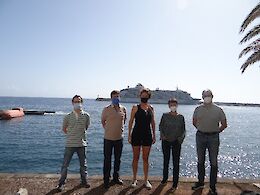
While biofouling has been a recognised problem for centuries, deployment of these technologies in the sea create several unique issues. Through the WEP+ project (funded by the Oceaneranet call, 2017) Aquatera, Heriot-Watt University’s International Centre for Island Technology - (HWU-ICIT), Las Universidades de la Laguna (ULL) y las Palmas de Gran Canaria (ULPGC) are working together to address these issues. They are looking carefully at how and where biofouling occurs and its impact on the MRE and offshore wind sectors. The team is also monitoring benthic impacts following deployment and decommissioning.
This research utilises surveys, settlement panels, and video imagery. It includes data collection and experimental testing of anti-fouling coatings in habitats targeted by these sectors. The WEP+ project is using the facilities from La Escuela de Nautica de Santa Cruz de Tenerife (ULL) where the biofouling structure was installed in July 2020 and the research will be running until October 2021.
Andrew Want, HWU-ICIT:
“The WEP+ project provides a valuable opportunity to study biofouling and test antifouling coatings in these waters. Biofouling varies between locations; strategies to best mitigate this problem may be improved with relevant knowledge of local species. Ultimately, we hope to provide evidence-based guidance to help the MRE industry in our societal aim to decarbonize electricity generation in an environmentally responsible way.”
Ricardo Souto, Universidad de La Laguna (ULL):
“Society faces major challenges while using energy and resources to minimize the resultant pollution associated to their deployment and limited service times due to environmental degradation. High-performance materials are developed for such applications which do not occur naturally in the earth’s crust, therefore requiring of protection strategies often involving hazardous chemical species for the marine environment. Exciting possibilities for the development of novel processes dramatically reducing the environmental impact by performing collaborative research between industry and academia are very challenging within the WEP+ project.
Natalia Rojas, Aquatera:
‘This research is the first one of its category done for the MRE and offshore wind industries in the Canary Island. The collaboration between the Scottish industry and academia, with large expertise in MRE and offshore wind, with the local academia in the Canaries has been extremely positive to support the development of these sectors in the archipelago.’
For more information, please contact:
Natalia Rojas

